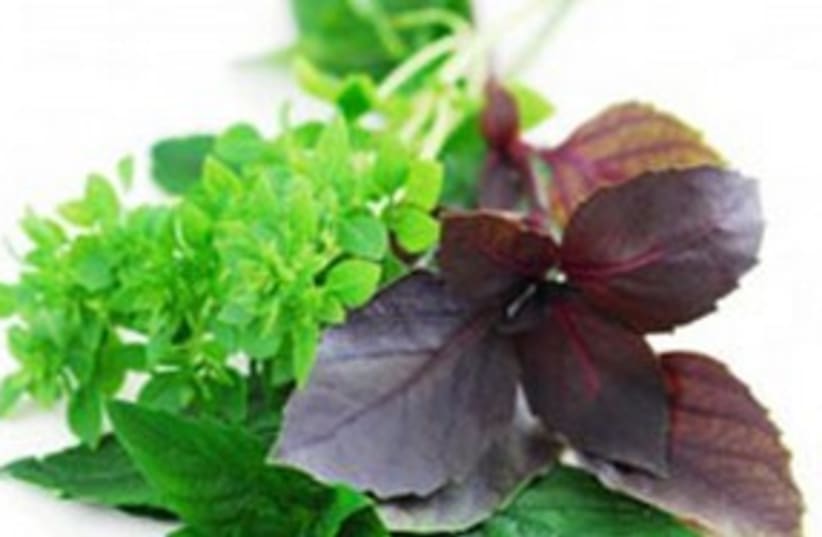Q. Hi Natalie, is there something natural that can be done to eliminate or minimize women’s hair loss? Thank you!A. Conditions that can have an effect on your hair include stress, hormonal imbalance, extreme dieting, disease, medications, surgery, scarring, immune system problems, birth control, thyroid issues and many others. Eating a nutritious diet is one of the most important ways to defend against hair loss. Foods that are healthy for the body are also healthy for the hair.The vitamins and nutrients you take in may not grow more hair on your head, but they will protect the hair you have from loss. Some important foods that should be in your diet include walnuts, canola oil, fish and soy, which provide needed essential fatty acids and anti-inflammatory properties. You can find B12 in eggs, meat and poultry. Nuts are the richest source of biotin. Iron is found in lean red meat; dark, leafy vegetables; liver; beans; shrimp and dried fruit. Vitamin B12 helps develop red blood cells and being deficient in it means less oxygen is reaching your hair follicles. Biotin is another B vitamin used by the body in the hair manufacturing process. Lack of iron is often behind women's unexplained hair loss. It may lead to anemia and leave fewer red blood cells for hair growth.Try finding a multivitamin containing antioxidant vitamins A, C, E, -- along with the B-complex vitamins and trace minerals copper, zinc and magnesium. These will all help with deficiencies causing hair loss. In addition, I also suggest taking essential fatty acids, found in fish oil.Q. Natalie, I have an overactive bladder and I have a frequent and urgent need to urinate. I wake up at least once during the night to use the bathroom. Do you have any natural remedies you can suggest? A. The suggested daily dose of cranberries to support kidney health is 350 mg. Drinking approximately 12 oz. of unsweetened 100 percent cranberry juice may also be enough. The constituents of cranberries can prevent bacteria from sticking to the bladder, which guards against infections that can aggravate urinary incontinence. Horsetail is a popular herbal remedy used for incontinence. It contains tissue-healing properties and I often prescribe it to relieve urinary tract infections and kidney stones. A typical dosage of horsetail as a dietary supplement is 900 mg divided into three daily doses.The National Center for Complementary and Alternative Medicine notes that Saw Palmetto is useful in treating bladder disorders. I suggest consulting with your doctor to make a full check and assess whether your urinary incontinence is caused by prostate problems. If this is the cause then I suggest 160 mg two times per day.Green tea also helps urinary incontinence due to its antioxidant properties and immune effects. I recommended a daily dose of approximately 350 mg. An animal study published in July 2004 in the journal Urology found that St. John's wort calmed the bladder and prevented bladder muscle contraction in rats. The recommended dosage of St. John's wort for urinary incontinence is 300 mg up to 3 times daily, according to the UMMC. With all bladder incontinence remedies, please talk to your doctor about the possible adverse interactions with medications.This column is brought to you as general information only and unless stated otherwise is not medical advice nor is it based on medical experiments.
This column is not a substitute for medical advice or treatment for specific medical conditions. For more information about specific problems, please contact a doctor.Ask Natalie: If you have a health query and would like an alternative answer then email Natalie with your question at nateopath@gmail.com.Someone Once Said: 'Most diseases are the result of medication which has been prescribed to relieve and takeaway a beneficent and warning symptom on the part of Nature'. - Elbert Hubbard
